Education experts believe that attracting good lecturers and experts from abroad to teach and research at Vietnamese universities will help reverse the risk of brain drain and gradually raise academic standards and the level of internationalization of the university ecosystem.
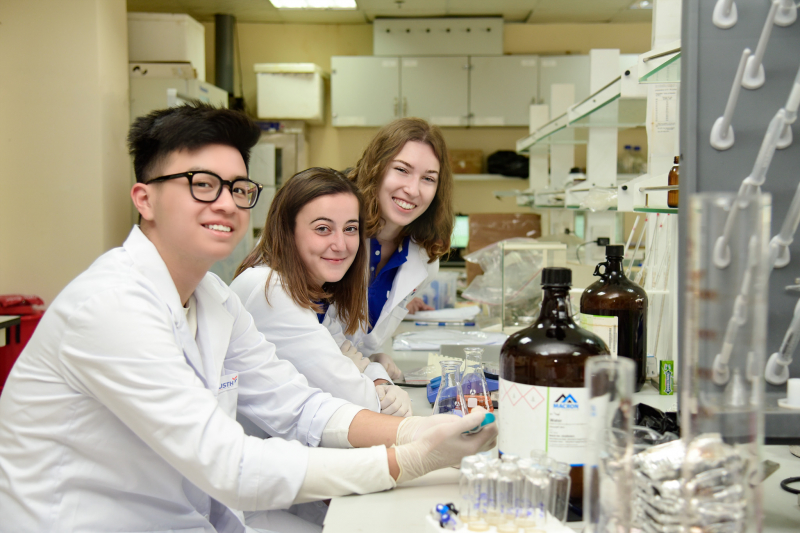
International lecturers coming to work in Vietnam often bring with them modern teaching methods, international publication capacity, personal professional collaboration networks and a transparent KPI culture. They will be the “catalysts” to accelerate teaching in English; co-instruct graduate students, co-lead research topics and also attract international students to study in Vietnam.
Especially in key areas such as AI, semiconductors, new materials, data science, biomedicine, energy, digital agriculture , etc., the presence of international experts will contribute to shortening the technology gap, helping universities to be more closely linked to the national innovation chain.
According to the calculation of Associate Professor Dr. Tran Thanh Nam, Vice Principal of the University of Education, Hanoi National University, the number of attracting about 2,000 good lecturers from abroad by 2030, equivalent to about 400 people/year. Vietnam has about 200-250 higher education institutions, so an average of about 1-3 international lecturers/school/year is feasible.
To do this, Associate Professor Dr. Tran Thanh Nam said that Vietnam can refer to the experience of some leading countries in the region such as Singapore, South Korea, China, Malaysia with breakthrough policies such as flexible salaries, tax exemption/reduction, public housing, tuition fees for children, standard research facilities, etc.
Sharing with CAND Newspaper reporters from the perspective of a university with 100% foreign lecturers and Vietnamese people with internationally recognized master's and doctoral degrees, Prof. Dr. Rick Bennett, Vice Principal and Vice President of British University Vietnam, affirmed that Vietnam possesses many favorable conditions to become an ideal destination for high-quality global human resources.
From a social perspective, factors such as stable security, reasonable living standards, rich cultural environment, beautiful and convenient geographical location, sophisticated cuisine and friendly people are big pluses that help foreign experts easily integrate and feel secure working in Vietnam.
In addition, the higher education market and knowledge service industries are growing rapidly, opening up many career opportunities, especially in fields with high demand but domestic human resources are not enough to meet. Compared to many developed countries where the job market in the higher education sector is saturated, Vietnam offers many opportunities for professional development and social impact for the team of experts.
However, to enhance regional competitiveness, according to Professor Rick Bennett, there are still some issues that need to be further improved. For example, the process of applying for work permits and visa extensions still takes a long time; visa policies for relatives along with international education costs for children are still high compared to other countries in the region. In addition, factors such as personal income tax for foreigners or environmental pollution in large cities are also considered potential barriers to the decision to stay long-term.
“To recruit and retain international experts, we need to shift from “attracting” to “retaining and developing talent”. One of the most important factors is that the academic and research working environment must be attractive enough. In addition to financial policies, international experts are very interested in international cooperation opportunities (participating in global research networks); recognition in the academic system, including in awarding titles, participating in policy consulting; support for families in terms of education, health care, and social security because many experts will not choose a place to work if their families cannot settle down with them. Therefore, if ministries and sectors work together to build a “national framework policy” on attracting and retaining international experts, Vietnam can absolutely become a top destination for academics and researchers in the Asia-Pacific region”, shared Prof. Dr. Rick Bennett.
Dr. Le Van Ut, Assistant to the President of the University Council on Scientific Research, Head of the Scientific Measurement and Research Management Policy Research Group, Van Lang University also emphasized: To realize the breakthrough goal in Resolution 71 on attracting excellent lecturers from abroad, it is necessary to urgently concretize the policy mechanism at the Government level, especially through the implementation of Decree No. 249/2025/ND-CP of the Government on policies to attract and promote experts in science, technology and innovation, the document is considered the fundamental legal framework for attracting highly qualified human resources, including international lecturers and scientists.
At the same time, a specific legal and autonomous mechanism is needed to allow universities and research institutes to have complete autonomy in determining job positions, salaries and benefits for international lecturers; to sign labor contracts beyond the framework based on the value provided. On the other hand, financial sanctions and superior benefits are needed...
Source: https://cand.com.vn/giao-duc/giai-phap-nao-de-thu-hut-2-000-giang-vien-gioi-tu-nuoc-ngoai-den-viet-nam--i785020/



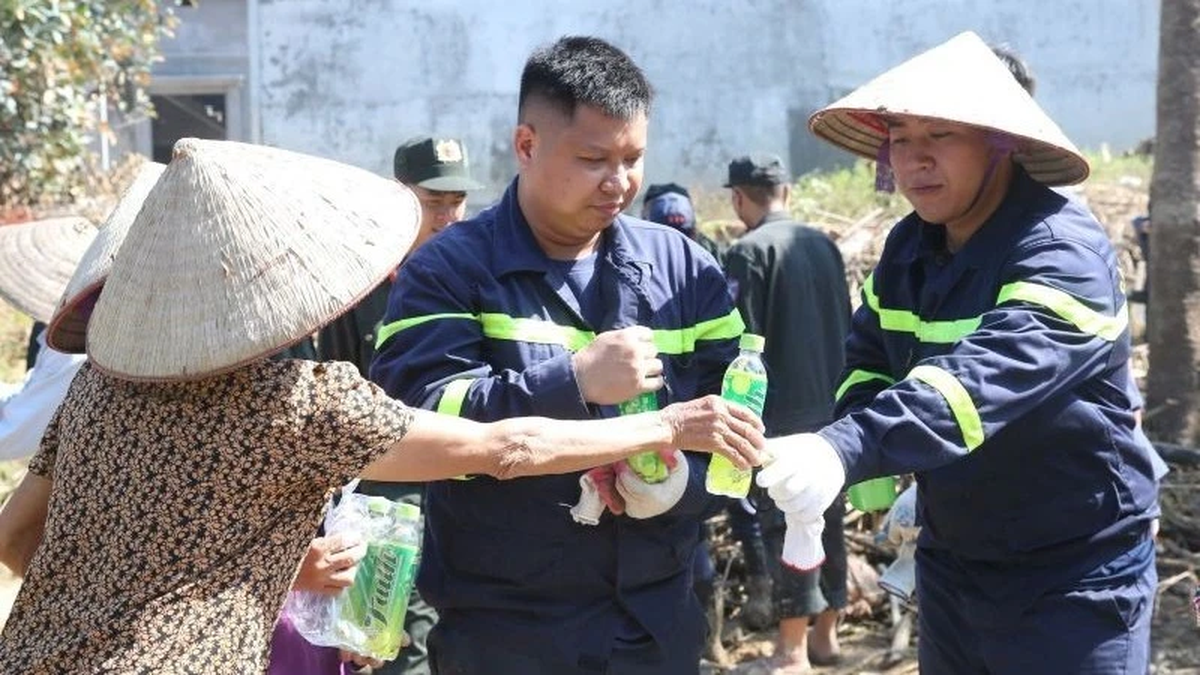
![[Photo] Collecting waste, sowing green seeds](https://vphoto.vietnam.vn/thumb/1200x675/vietnam/resource/IMAGE/2025/10/18/1760786475497_ndo_br_1-jpg.webp)
![[Photo] General Secretary To Lam attends the 95th Anniversary of the Party Central Office's Traditional Day](https://vphoto.vietnam.vn/thumb/1200x675/vietnam/resource/IMAGE/2025/10/18/1760784671836_a1-bnd-4476-1940-jpg.webp)

![[Photo] Closing ceremony of the 18th Congress of Hanoi Party Committee](https://vphoto.vietnam.vn/thumb/1200x675/vietnam/resource/IMAGE/2025/10/17/1760704850107_ndo_br_1-jpg.webp)
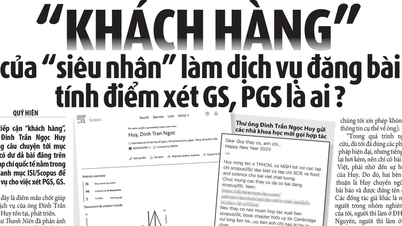

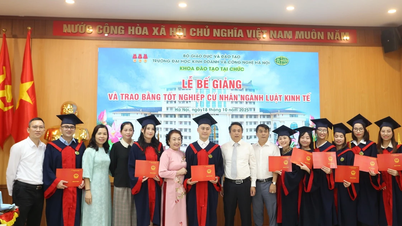


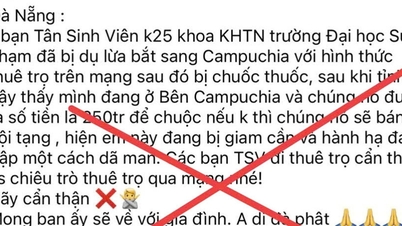

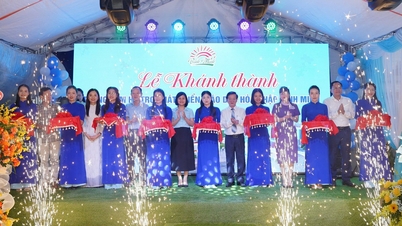
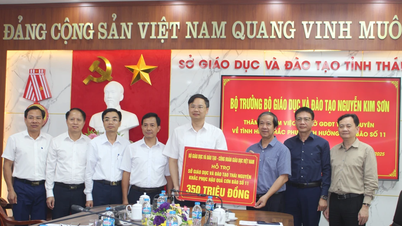





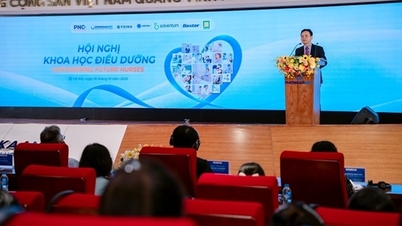
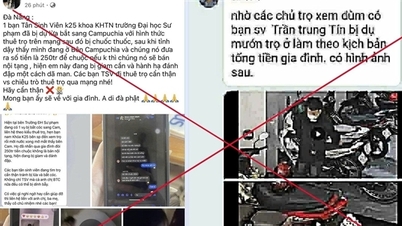
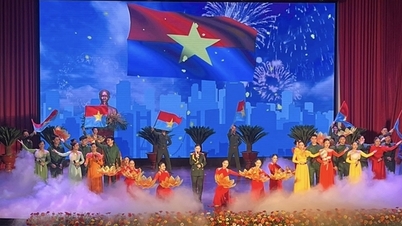
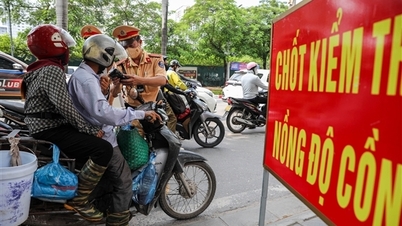



















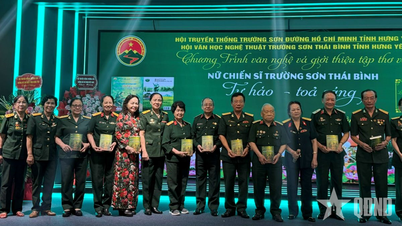















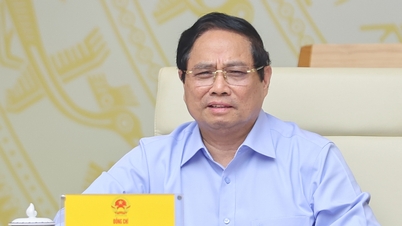
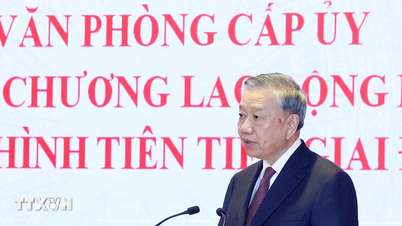

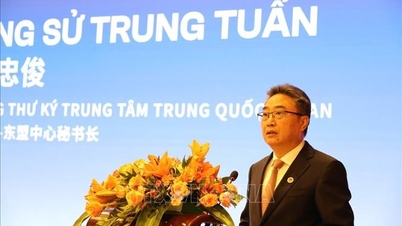
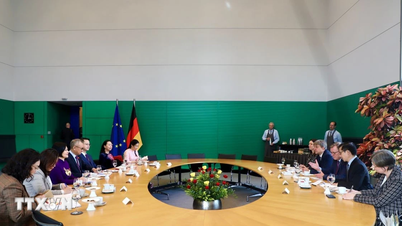
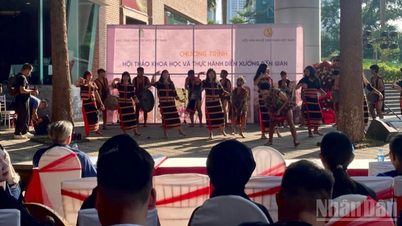









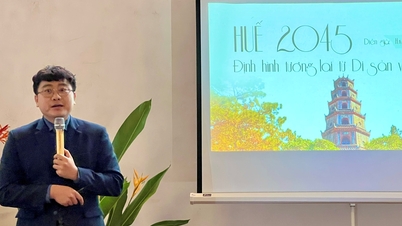

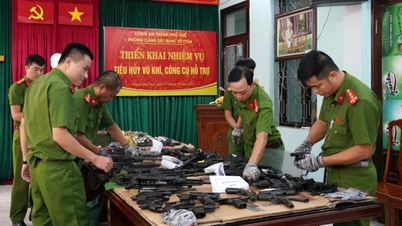


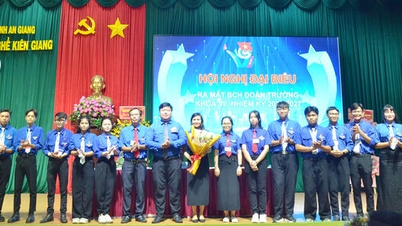
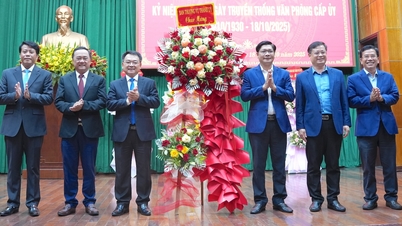


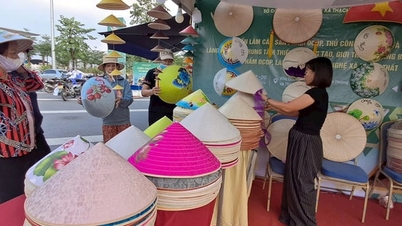













Comment (0)